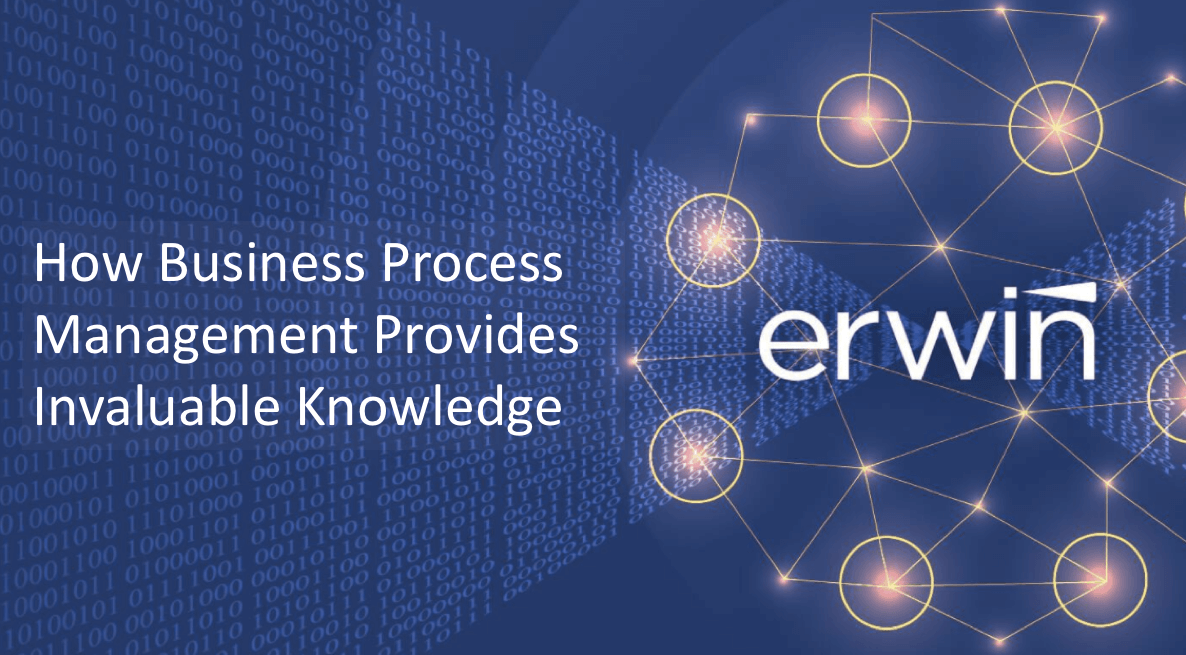‘Knowledge is power’ – a well-known phrase and one that is especially true in the business world. Statistics show that Fortune 500 companies lose $31.5 billion each year by failing to gather and share knowledge effectively. So knowing the best way to undertake every business process you have will help drive your business forward.
Why is knowledge so important?
While your workforce carries out your business’s actions, it is the knowledge they hold that enables them to do so. Effective knowledge management means ensuring that everyone shares what they know and teams follow accepted best practices consistently.
By having this knowledge expressed and laid out in business process modeling, companies become more capable and can operate more strategically in determining future direction. It means that each time someone new joins the business, or leaves, you don’t need to re-invent the wheel and build knowledge from scratch.
The knowledge challenges you face
Within your organization, there are two specific types of workers who will pose challenges when it comes to sharing and retaining knowledge.
First you have your Millennials, the generation born between 1977 and 1998 that is identified as being transitory, seeking jobs that will offer them a larger purpose. They likely intend to only stay with companies for a short time before moving on to new pastures.
By 2020, 50% of the global workforce will be Millennials, so it is essential that you put systems in place not only to share knowledge with them but also to gain knowledge from them, particularly if they are only going to be with your business for a relatively short time.
The good news is that Millennials are very team-oriented and believe that the best work comes from working together, so implementing a knowledge sharing system at the outset is likely to be well-received by them.
Next you have Baby Boomers, who have probably been the lifeblood of your organization for the last couple of decades. By 2030, 100% of baby boomers will be over 65 and gearing up for retirement, with all the knowledge they have accumulated over the years in their heads and then headed out the door with them.
This generation is characterized as being very singular in approach. They have mainly worked alone throughout their career and, as such, have built up individual ways of working. They have an abundant amount of legacy knowledge as well — been there, done that — and know what has worked before and what hasn’t. If you are to avoid making mistakes as you implement change in your organization, then this type of worker is key to you.
The two types of knowledge
There are two types of knowledge that people hold. The first is explicit knowledge, which is easily expressed and typically easily accessible. You’ll find it easy to gather this kind of knowledge.
The second is tacit knowledge and this, essentially, is the knowledge within someone’s head. It is personal, experience-led knowledge, individual to the person and the work they have done. It’s potentially the most crucial knowledge you need – the key to making the best changes to drive your business forward – but it’s also the hardest to get.
Partnering with a company such as erwin can assist with this task, and in gathering the information, we can then work with you to sift through it and establish effective business process models. These will ensure that teams work consistently, knowledge is used daily to push the business forward, and you can plan strategically for the future.
In our next blog, we’ll talk about some of the ways we can help you gather information from within your organization.
We’ll update our followers on Twitter, and Linkedin when Part 2 arrives.



One reply on “Business Process Management Provides Invaluable Knowledge”
For organizations, tacit knowledge sharing plays a pivotal role in bringing up thought leadership. As you said, tacit knowledge is implicit and unique, it gives a different perspective to an issue